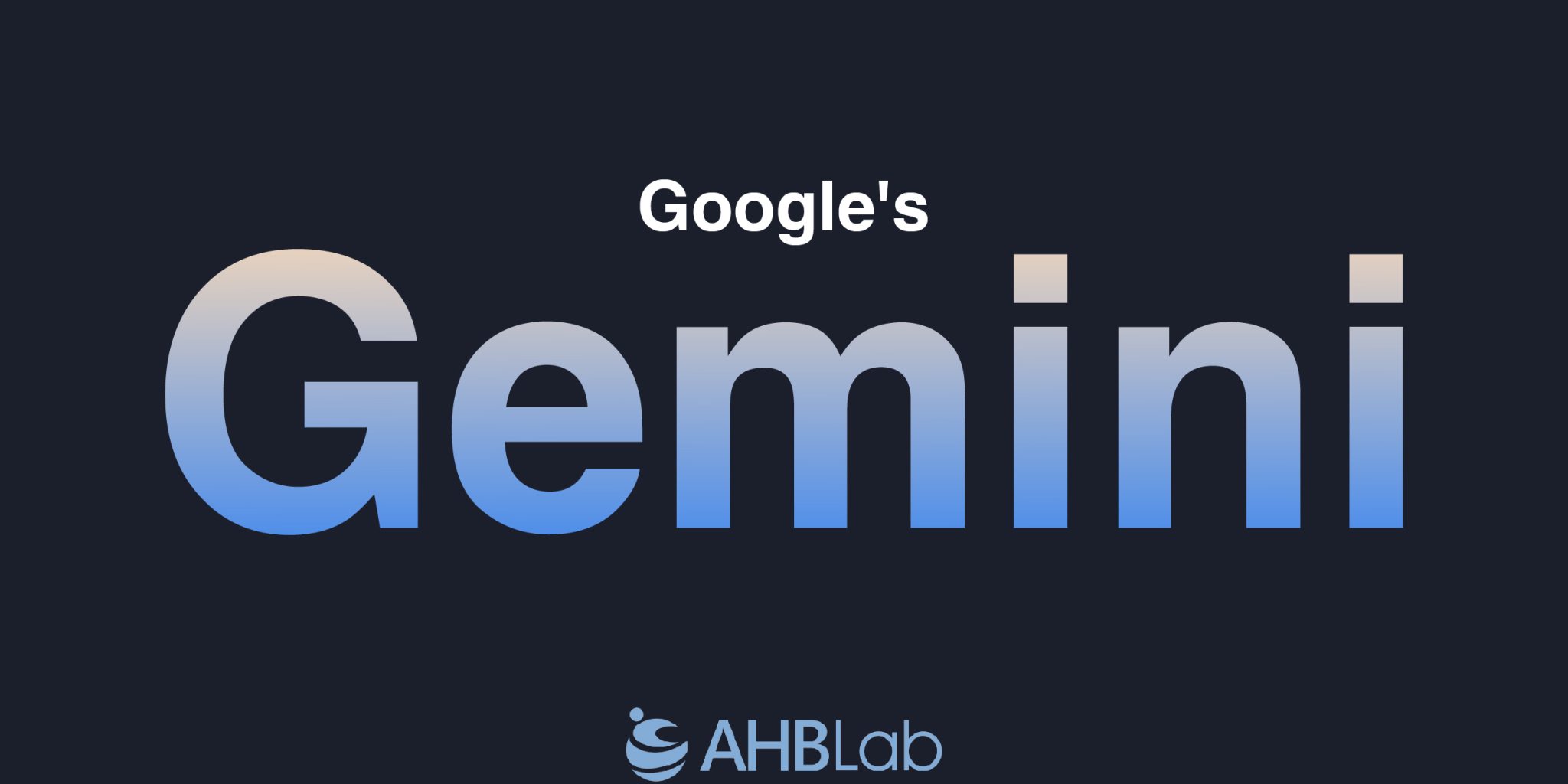In the rapidly evolving landscape of artificial intelligence (AI), Google has taken a monumental step forward with the launch of Gemini, its most advanced generative AI model to date. This groundbreaking innovation is set to redefine the capabilities of AI in processing multimodal data, including text, audio, video, and images, heralding a new era in technology. This article delves into the intricacies of Gemini, its distinct features, and the potential impact it has on the future of AI technology.
Understanding Gemini’s Multimodal Capabilities
Gemini stands out in the AI world as a natively multimodal model, a significant advancement from traditional AI systems that primarily focus on text. By integrating capabilities to process and understand audio, video, and images alongside text, it offers a more holistic approach to data analysis and interaction. This feature enables it to engage in a variety of tasks, from language translation to image recognition, making it a versatile tool in various technological applications.
Demonstrating Gemini’s Advanced Functionality
Google’s demonstrations of Gemini highlight its proficiency in diverse scenarios. For instance, its ability to recognize objects in images and analyze video content showcases its advanced understanding of visual data. In educational settings, Gemini can assist with homework, particularly in mathematics, by not just providing answers but also explaining concepts. This level of interactivity and understanding is unprecedented in the realm of AI models.
Gemini’s Impact on Coding and Programming
Gemini’s capabilities extend into the realm of coding and programming, areas where precision and accuracy are paramount. The AI model’s understanding of complex programming languages like Python, Java, C++, and Go positions it as a leading tool in software development. It can aid programmers in debugging, code optimization, and even in developing new algorithms, potentially revolutionizing how coding is approached in the tech industry.
The Various Facets of Gemini
Google has introduced three distinct versions of Gemini – Ultra, Pro, and Nano – each tailored for different levels of complexity and application. Gemini Ultra is designed for data centers handling complex tasks, Gemini Pro serves as the mid-range model suitable for most applications, and Gemini Nano is optimized for mobile devices. This segmentation ensures that Gemini’s advanced capabilities are accessible across a wide range of devices and for various purposes.
Integrating Gemini Across Google’s Ecosystem
The true potential of Gemini lies in its integration into Google’s vast array of services. From its use in the Recorder app for content summarization to enhancing the Smart Reply feature in Gboard, it is poised to enhance user experience significantly. The most notable integration is in Google’s Bard chatbot, where Gemini elevates its abilities in language understanding and task execution, marking a significant upgrade in chatbot technology.
Gemini’s Role in Google’s Strategic Vision
Gemini’s development is a strategic move by Google to maintain its dominance in the AI and tech industry. It represents Google’s response to competitors like OpenAI and Microsoft, showcasing its commitment to staying at the forefront of AI innovation. The integration of Gemini across Google’s services, including Search, Chrome, and Ads, demonstrates the company’s vision to leverage AI in enhancing its core offerings.
The Future Implications of Gemini in AI
The launch of Gemini is not just a milestone for Google but also a pivotal moment in the AI industry. Its advanced capabilities and broad application potential set new benchmarks in AI technology. Gemini’s impact extends beyond immediate technological improvements; it signifies a shift towards more integrated, intelligent systems capable of understanding and interacting with the world in more nuanced ways.
The Challenges and Opportunities Ahead
While Gemini represents a significant advancement, it also brings forth new challenges. Ensuring the ethical use of such powerful technology, protecting user privacy, and maintaining data security are paramount concerns that Google will need to address. Additionally, the ongoing development and refinement of it will be crucial in keeping up with the rapidly evolving demands of the AI industry.
Conclusion
Google’s Gemini is a testament to the incredible potential of generative AI technology. Its launch marks a new chapter in AI development, offering unprecedented capabilities in data processing and interaction. As Google continues to integrate Gemini across its products and services, the impact on both the tech industry and everyday life will be profound. Gemini is not just a technological achievement; it’s a stepping stone towards a future where AI plays an integral role in shaping our digital experiences.
At AHB Lab, we pride ourselves on being more than just peptide experts. Our team is deeply dedicated to staying at the forefront of the latest technological advancements across various industries. We believe in the power of continuous learning and innovation, and we are committed to sharing our expertise and insights with you. Keep an eye on our blog, where we regularly publish reports and articles that delve into cutting-edge developments, ensuring you stay informed and ahead in this rapidly evolving world of technology.






